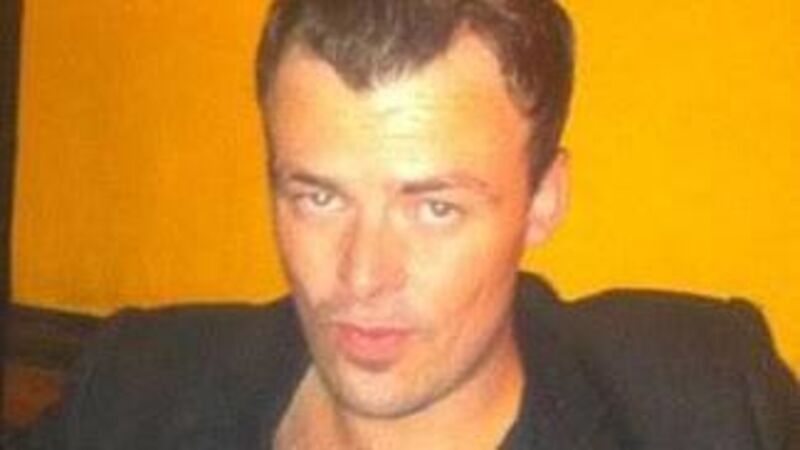'I just think it’s really sad': Irish journalist sanctioned for Russian propaganda

Irish journalist Bryan MacDonald has been included on a list of sanctions imposed by the British Government against a number of people it said were linked to Russian broadcasters and newspapers, who had helped spread disinformation and propaganda for the Kremlin.
On February 24, Irish journalist Bryan MacDonald posted on Twitter: “I genuinely didn't believe Russia would launch a full-scale military attack on Ukraine."
"Like most journalists, analysts and pundits based in Russia, I thought it was sabre-rattling or a bluff to force the West's hand in negotiations."













